The concept of Web3 is no longer strange to the crypto community these days, but the issue of cloud costs being reliable enough for mass adoption is still an issue that teams are focusing on researching. Today we come to a project about cloud computing solutions on Web3, Akash Network.
To better understand the article What is Akash Network, people can refer to some of the projects below to get an overview of Akash Network.
- Cosmos – The new home of Delphi Digital after the fall of Terra
- What is Osmosis (OSMO)? Osmosis Cryptocurrency Overview
What is Akash Network?
Overview of Akash Network
Akash is a project working on cloud computing solutions on Web3, built on the Cosmos SDK platform based on Tendermint and with blockchain. Akash allows users to rent and provision cloud services securely and cheaper using nodes around the world. The project will be a counterweight to products from public corporations such as Amazon’s AWS, Alphabet’s Google Cloud, and Microsoft’s Microsoft Azure. The cloud computing market share held by these three giants is up to 71% but lacks flexibility and is quite complicated.
By dispersing cloud resources, Akash Network can provide value to users at a lower cost than traditional cloud services. Akash achieves efficiency by reusing technological resources that are being wasted in the market. The number of suppliers can reach millions.
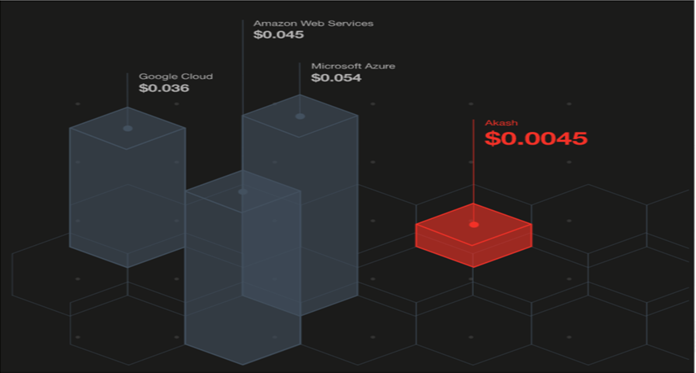
The difference of Akash Network
- Akash has diverse storage sizes from nano, micro.. to larger packages such as large, xlarge.
- Akash saves up to 85-90% compared to other suppliers. The cost is only 1/3 of the fees of AWS, Google Cloud and Microsoft Azure.
- Akash lets you control the price you pay and the amenities that come with it.
- Akash can run any Cloud-Native application without rewriting the entire network in a new proprietary language, and there is no vendor lock-in to prevent you from switching cloud providers.
Components that make up Akash Network
Akash network consists of only 2 components of participants, viz
- Client: People who need to use cloud computing services: Companies and organizations
- Service Provider: Computing service providers.
Mechanism of action
- Step 1: Users can enable the use of unused resources on their computers to provide cloud services. Nodes will be responsible for storing and processing data.
- Step 2: Akash Network has a decentralized cloud marketplace that connects cloud resource providers with people who need to use these resources.
- Step 3: Akash allows the use of smart contracts to manage transactions and use of cloud resources. From there, transactions between suppliers and tenants are more automatic and secure.
Development roadmap
Updating…
Core Team
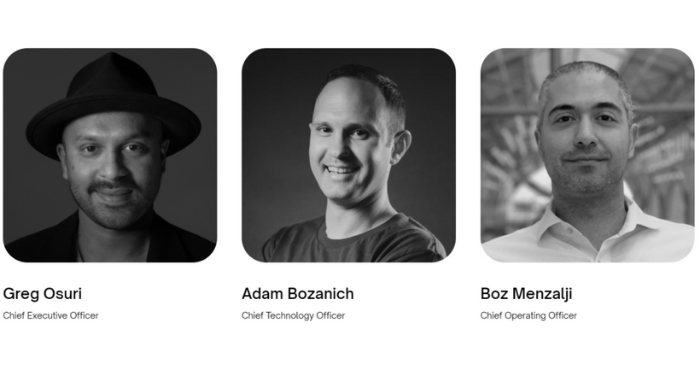
- Greg Osuri:Founder of Akash Network and also CEO of Overclock Labs. Before Akash, Greg founded AngelHack, the world’s largest Hackathon organization with more than 150,000 developers in 50 cities worldwide.
- Adam Bozanich: He is also Co-Founder and CTO of Akash Network. Previously, Adam worked as Software Developer at Symantec, One King’s Lane and Marketron.
- Boz Menzalji: Previously GM at Refereum – a blockchain gaming and marketing platform.
- Cheng Wang: He previously held the position of CFO at WRKSHP. He has more than 8 years of experience in leading organizations around the world.
Investor
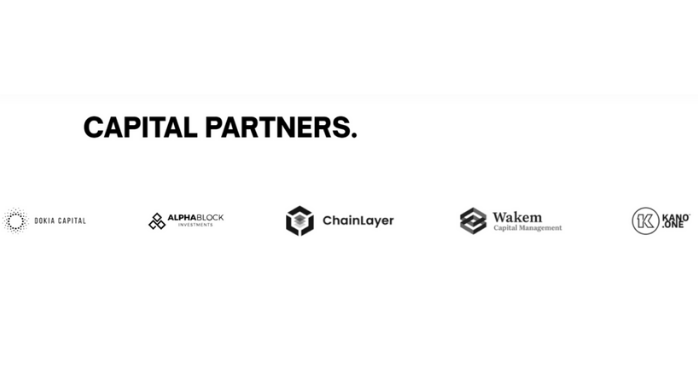
Team Akash raised $2.8M in private round and IEO on Bitmax in 2020 from investors such as: ChainLayer, Waken, Kano.One, Dokia Capital, Alpha Block.
Tokenomics
Overview information about Akash Network
- Token Name: Akash Network.
- Ticker: $AKT.
- Blockchain: Akash
- Token Standard: updating.
- Contract: updating.
- Token Type: Governance, Utility.
- Total Supply: 212,286,264 AKT
- Circulating Supply: 212,286,938 AKT
- Max Supply: 388,539,008
Token Allocations
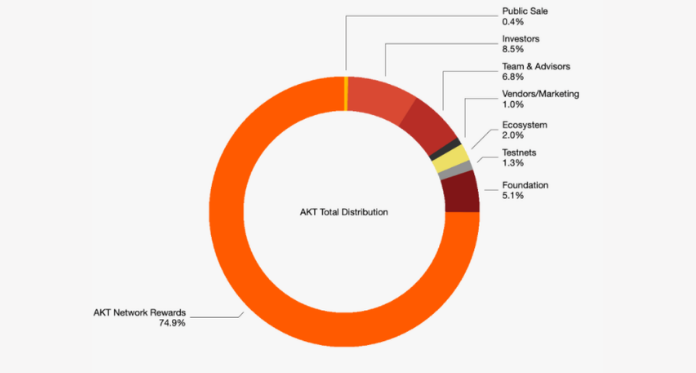
- Public sale: 0.4%.
- Investors: 8.5%.
- Team & Advisor: 6.8%.
- Vendors/Marketing: 1%.
- Ecosystem: 2%.
- Testnets: 1.3%.
- Foundation: 5.1%.
- Rewards: 74.9%.
Token Release
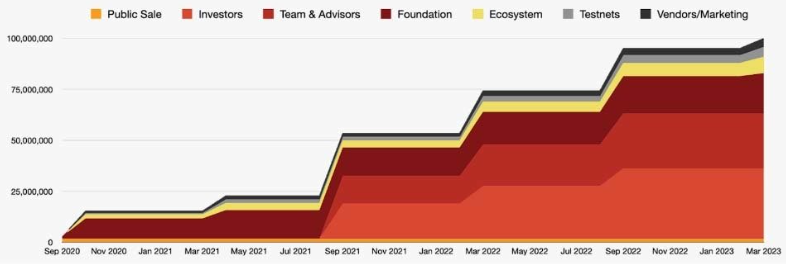
Token Usecase
- Governance: $AKT is used to vote for project governance.
- Incentivization: Rewards stakers $AKT.
- Used as a means of payment for the network.
Exchanges
In addition to swapping to $AKT tokens on the DEX Osmosis network, users can buy directly at CEX exchanges such as Kucoin, Kraken, Huobi.
Project information channel
- Twitter: https://twitter.com/akashnet_
- Telegram: https://t.me/akashnw
- Facebook: https://www.facebook.com/akashnw
- Discord: https://discord.com/invite/DxftX67
- Website:
Summary
With a few cloud computing projects currently on the market, Akash has advantages that can be considered scratching the itch that market demand is looking for. Let’s wait for the latest updates from the Akash team.


